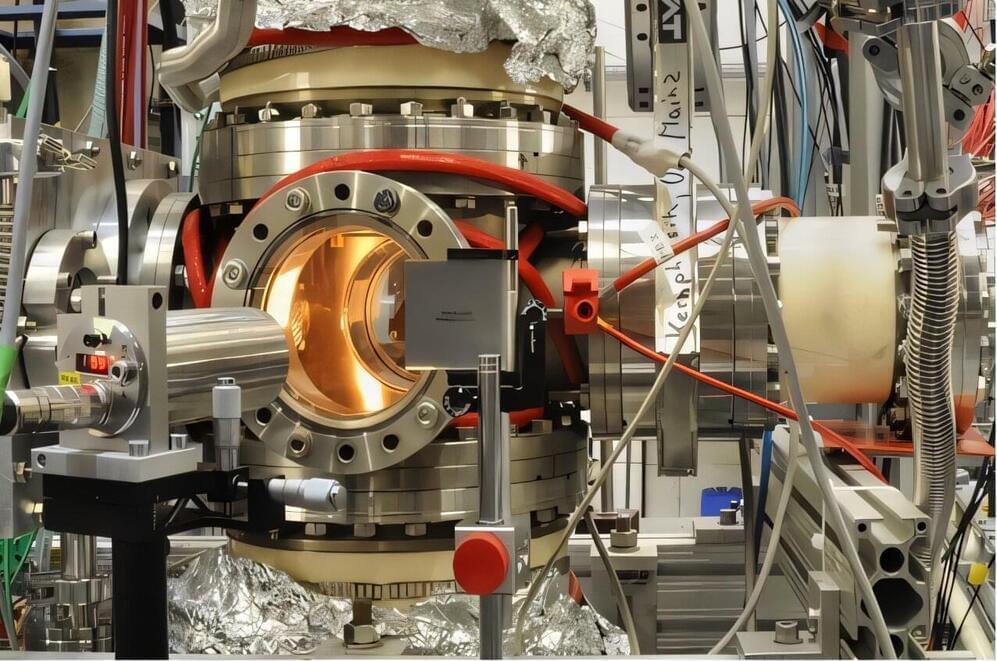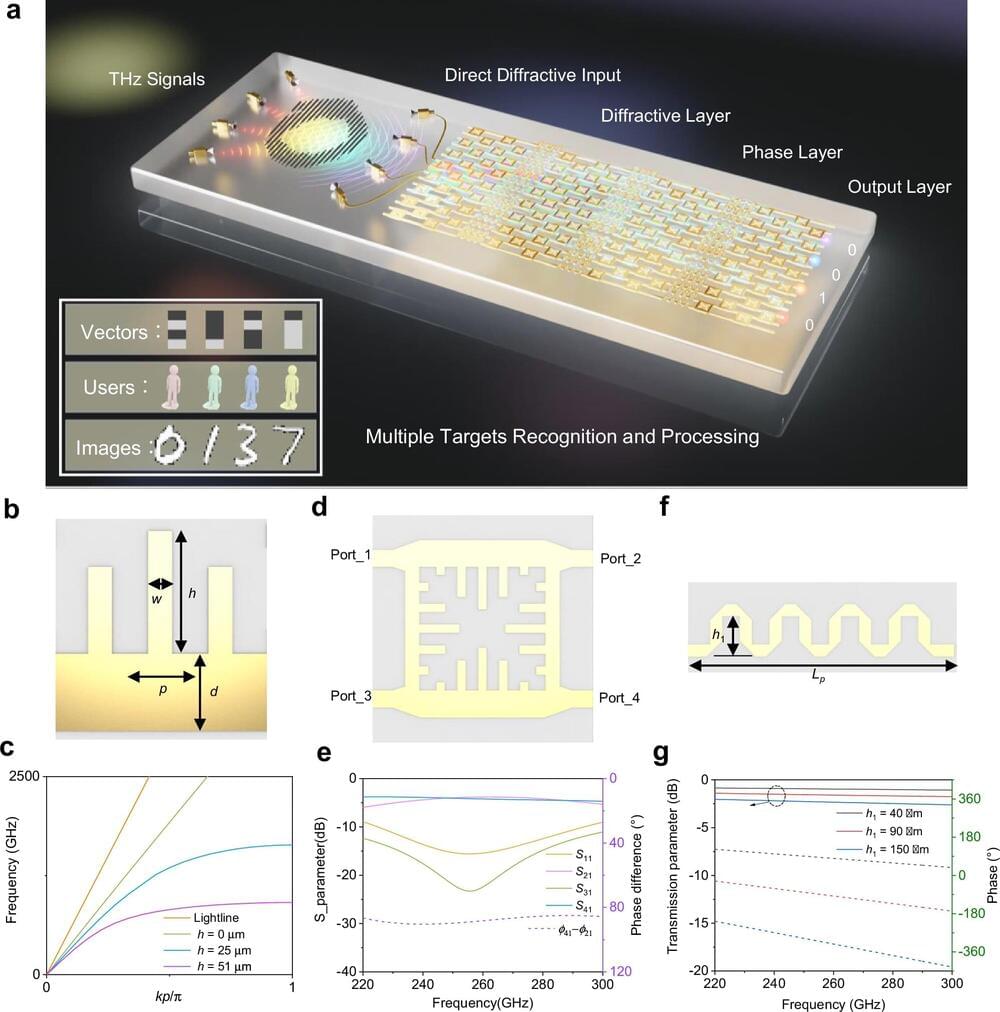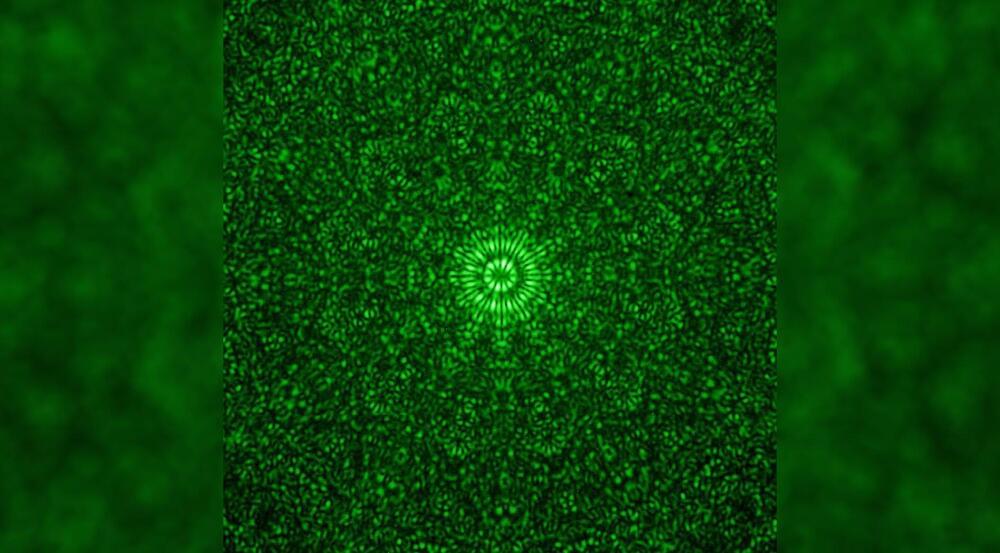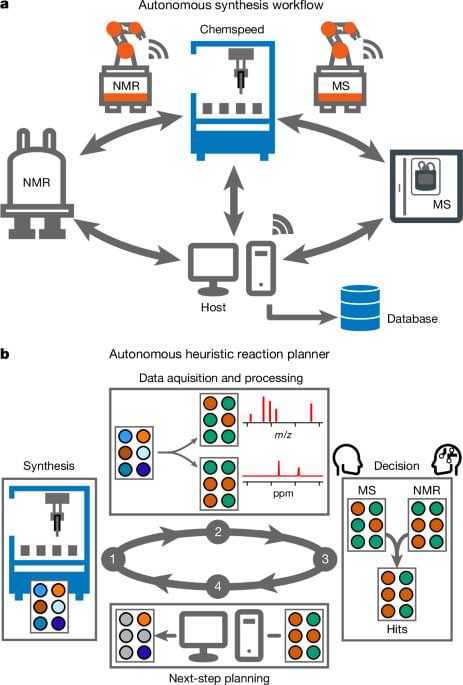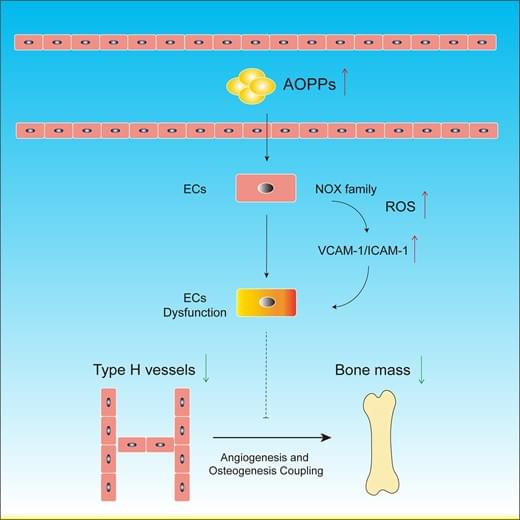Nov 11, 2024
Theoretical predictions provide a first peek at nuclear shape transitions
Posted by Saúl Morales Rodriguéz in categories: nuclear energy, physics
It turns out that the evolution of the most violent collisions between nuclei, as they are studied at the Large Hadron Collider at CERN, depends on the initial conditions, namely the geometry and shape of the colliding nuclei, which are in their ground state. More surprisingly, this insight also allows us to determine properties of the colliding nuclei that cannot easily be studied by other methods.
The researchers have predicted how the shape changes and fluctuations of the colliding nuclei will influence the outcome of extreme high-energy conditions. This paves the way for further studies which will yield a better understanding of the dynamic behavior of nuclei. An article on the results has been published in Physical Review Letters.
The predictions are theoretical but based on an experiment at the world’s leading physics research center, CERN, Switzerland.

